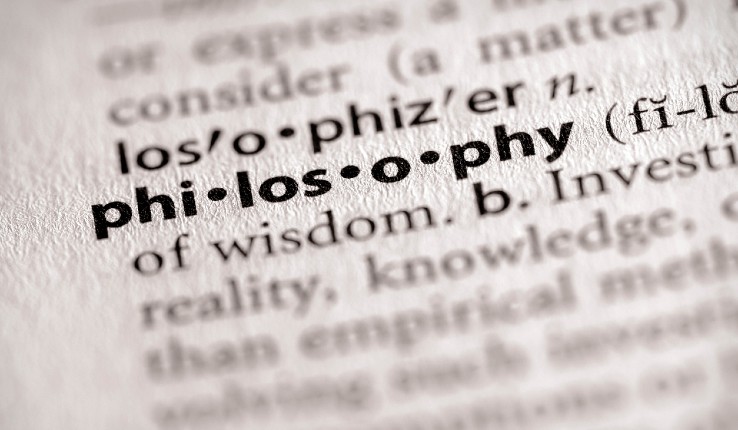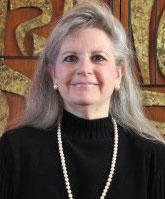'The Republic'
The Republic is Plato’s most famous and widely read dialogue. Over 10 books, the dialogue explores two central questions: What is justice? What is the best political institution and what is the place of the philosopher in it?
In Book Four of Plato’s Republic, his main character Socrates presents a novel definition of justice, one widely regarded by scholars as the official Platonic teaching on the nature of justice. Justice, Socrates asserts, is the harmonious cooperation of the parts of the city with one another, and of the parts of the soul with one another, with each part doing “its own” and not usurping the role of the other parts. In particular, he says, in a just city and soul, the parts best suited to ruling and the parts best suited to being ruled scrupulously avoid switching places. Weiss contends, against the commonly held view, that it is not the definition in Book 4 that reveals the true meaning of justice in the Republic. Rather, the proper understanding of justice emerges in the series of conversations in Book One between Socrates and three successive speakers: Cephalus, Polemarchus and Thrasymachus.
The first book of The Republic is completely different in style from the rest of the books. In Book 1, Socrates speaks with people and asks them questions. They answer him and he challenges their answers.
“The rest of The Republic has Socrates speaking continuously with an occasional challenge or question,” says Weiss, Clara H. Stewardson Professor of philosophy. “He does all the talking, whereas he listens to others in the first book and works with their views. We have an interesting shift between Book One and the rest of the books and people have been puzzled by that. Some scholars think the first book was at one time its own standalone dialogue.
The interesting thing is that the definition of justice that Socrates proposes in Book Four is entirely new, one that he never proposed earlier and that he doesn’t talk about anywhere else in his corpus. Even in the Republic itself after Book Four it kind of dies out. What’s missing in this new definition is what most people associate with justice, namely, how you act toward other people; yet with this new definition Socrates brings it internally. It’s now a matter of how the parts of your soul interact with one another, rather than how you treat other people; it’s a matter of how the classes in the city interact with one another rather than how the city treats other cities or its own people. Because of how striking and innovative this new definition is, readers assume it must be, despite its short shelf life, Plato’s true definition.
The Republic contains many unsavory proposals with regard to the supposedly “ideal” city it designs—repression and censorship—and Weiss is skeptical about how strongly Plato meant to be advocating the society that Socrates envisions. Weiss sees in Book One a different approach to justice, something that speaks to how one treats other people.
“From my point of view, what Socrates says about justice in the first book of the Republic is supposed to forewarn us against the novel definition in Book Four. Book One is important because without it you are drawn into believing that Book Four’s definition is the right one, but, forearmed with Book One, you are prepared to say that can’t be right. And once you toss out one thing in the Republic, namely, the new definition of justice, you’re more inclined to question other things. Of course, the fascinating question is, if Plato didn’t mean for Socrates’ proposals to be taken as serious recommendations, why did he have Socrates propose them?”
For Weiss, the project is a culmination of years of research into the Republic. The NEH support allows her to examine the secondary literature on Socrates’ exchanges with Cephalus and Polemarchus, two characters in Book One, and to write Chapters two and three of a book project she hopes to publish soon. Weiss expects that by the end of the summer she will have completed a first draft of these two chapters.
“I believe my book will be of value and interest to scholars and students of ancient philosophy and ethics, to classicists, and to humanists more broadly,” she says. “I hope it will encourage further exploration of the riches Book One contains. That Socrates’ question of what justice is remains a critical one at this time is perhaps confirmed by Merriam-Webster’s report that in 2018 “justice” was the word looked up most frequently. The matters of what constitutes a good life for human beings, and whether and how justice contributes to such a life, continue to be among the most pressing concerns of the humanities.”
Story by Rob Nichols




